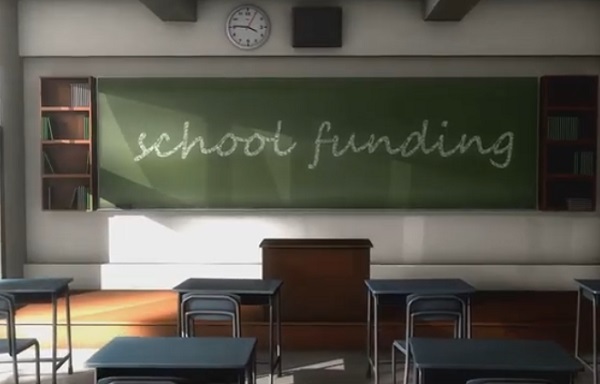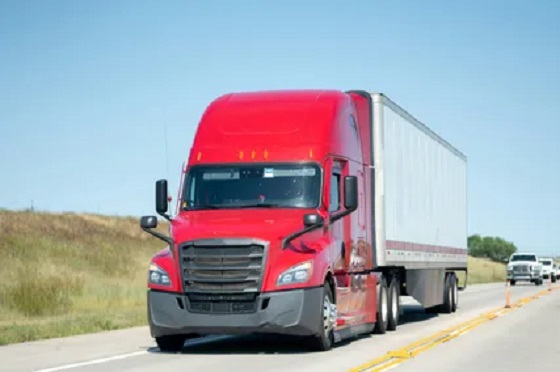Alberta
Alberta government should undo personal income tax hikes

From the Fraser Institute
By Tegan Hill and Nathaniel Li
If the Smith government reduced Alberta’s top PIT rate to 8 per cent, it would be the lowest provincial rate in Canada and Alberta would have one of the lowest top combined PIT rates in North America (41.0 per cent). Put simply, the change would go a long way to restoring Alberta’s previous tax advantage. And approximately 2.3 million Albertans would save $1,573 per year (on average)
On the campaign trail, Danielle Smith promised to create a new 8 per cent tax bracket for personal income below $60,000. While the tax cut was delayed in the recently tabled 2024 budget, it remains a good idea—in fact, Premier Smith should go a step further and create a single tax rate of 8 per cent for personal income.
First, some context.
As recently as 2014, Alberta had the lowest top combined (that is, provincial and federal) personal income tax (PIT) rate in North America. Paired with a low business income tax rate and no sales tax, Alberta had a powerful tax advantage that made the province a very attractive place to work and invest.
But in 2015, the NDP government replaced Alberta’s single personal income tax rate of 10 per cent with a five-bracket system including a top marginal rate of 15 per cent.
As a result, as noted in a new study published by the Fraser Institute, Alberta now has the 10th highest combined PIT rate in North America. And crucially, higher than rates in U.S. energy jurisdictions such as Texas, Wyoming, Oklahoma, Colorado, Louisiana, North Dakota and Alaska, which compete with Alberta for talent and investment.
If the Smith government reduced Alberta’s top PIT rate to 8 per cent, it would be the lowest provincial rate in Canada and Alberta would have one of the lowest top combined PIT rates in North America (41.0 per cent). Put simply, the change would go a long way to restoring Alberta’s previous tax advantage. And approximately 2.3 million Albertans would save $1,573 per year (on average), which means more money in the pockets of Albertans.
Moreover, a significant body of research finds that high income tax rates discourage economic growth by reducing after-tax income from work, savings, investment and entrepreneurship. Correspondingly, high income tax rates tend to negatively affect economic growth while lower rates stimulate economic activity. In other words, this tax change could come with big economic benefits to Albertans by attracting investment and high-skilled workers that fuel innovation and job creation.
Finally, this tax change may be more fiscally feasible than one might think. Based on budget data from the Smith government, reducing Alberta’s multi-bracket PIT system to a single rate of 8 per cent would’ve led to an estimated revenue loss of $3.8 billion in 2023/24, which is equivalent to just 5.1 per cent of total provincial government revenue that year. And the behavioural affect from lower taxes—increased work, savings and investment—could dramatically reduce the amount of revenue lost.
It’s time the Smith government make good on its campaign promise and finally undo the personal income tax hikes by the previous NDP government. Returning to a single-rate personal income tax system would help restore the province’s lost tax advantage and attract the entrepreneurs, businesses and investment that fuel a strong economy.
Authors:
Alberta
Diploma Exams Affected: No school Monday as ATA rejects offer of enhanced mediation

Premier Danielle Smith, Minister of Finance Nate Horner, and Minister of Education Demetrios Nicolaides issued the following statement.
“Yesterday, the Provincial Bargaining and Compensation Office wrote to the Alberta Teachers’ Association (ATA) and formally requested an agreement to enter an enhanced mediation process.
“This process would have ensured that students returned to the classrooms on Monday, and that teachers returned to work.
“Negotiating would have continued with the ATA, Teachers’ Employer Bargaining Association (TEBA) and a third-party mediator to propose a recommended agreement.
“We are very disappointed that the Alberta Teachers’ Association refused this offer. Teachers and students should also be disappointed.
“PBCO made this offer to the ATA because the union has not made a reasonable offer and this strike is impacting students. Alberta’s government is trying to put kids first and bring an end to this strike.
“The offer of enhanced mediation provided a clear path to ending it.
“We want the same things as the ATA: More teachers. More pay for teachers. More educational assistants. And more classrooms.
“This strike has gone on too long and we are extremely concerned about the impact it is having on students.
“We are willing to consider further options to ensure that our next generation gets the world-class education they deserve. After about three weeks, a strike of this nature would reach the threshold of causing irreparable harm to our students’ education.
“The ATA needs to do what is right for its members, and for all Alberta students.
“If it refuses to do so, we will consider further options to bring this strike to an end.”
Diploma exam update
November diploma exams will be optional for students.
With instructional time in schools disrupted due to the teacher strike, the November 2025 diploma exams will now be optional for students. Students who wish to write a diploma exam may request to do so, and their school boards will accommodate the request.
The optional diploma exams apply to all schools provincewide. These exams will still take place on the currently scheduled dates.
Students who choose not to write the November diploma exams can still complete their courses and graduate on time. Their final grade will be based entirely on the school-awarded mark provided by their teacher.
Choosing not to write the November diploma exams will not affect a student’s ability to apply to, be accepted by, or attend post-secondary institutions after graduation.
No changes have been made to the January and June diplomas and provincial achievement tests.
Quick facts
- Students are automatically exempted from writing the November diploma exams but can request to write them.
- School boards must allow the student to write the diploma exam if requested.
Alberta
Alberta taxpayers should know how much their municipal governments spend

From the Fraser Institute
By Tegan Hill and Austin Thompson
Next week, voters across Alberta will go to the polls to elect their local governments. Of course, while the issues vary depending on the city, town or district, all municipal governments spend taxpayer money.
And according to a recent study, Grande Prairie County and Red Deer County were among Alberta’s highest-spending municipalities (on a per-person basis) in 2023 (the latest year of comparable data). Kara Westerlund, president of the Rural Municipalities of Alberta, said that’s no surprise—arguing that it’s expensive to serve a small number of residents spread over large areas.
That challenge is real. In rural areas, fewer people share the cost of roads, parks and emergency services. But high spending isn’t inevitable. Some rural municipalities managed to spend far less, demonstrating that local choices about what services to provide, and how to deliver them, matter.
Consider the contrast in spending levels among rural counties. In 2023, Grande Prairie County and Red Deer County spent $5,413 and $4,619 per person, respectively. Foothills County, by comparison, spent just $2,570 per person. All three counties have relatively low population densities (fewer than seven residents per square kilometre) yet their per-person spending varies widely. (In case you’re wondering, Calgary spent $3,144 and Edmonton spent $3,241.)
Some of that variation reflects differences in the cost of similar services. For example, all three counties provide fire protection but in 2023 this service cost $56.95 per person in Grande Prairie County, $38.51 in Red Deer County and $10.32 in Foothills County. Other spending differences reflect not just how much is spent, but whether a service is offered at all. For instance, in 2023 Grande Prairie County recorded $46,283 in daycare spending, while Red Deer County and Foothills County had none.
Put simply, population density alone simply doesn’t explain why some municipalities spend more than others. Much depends on the choices municipal governments make and how efficiently they deliver services.
Westerlund also dismissed comparisons showing that some counties spend more per person than nearby towns and cities, calling them “apples to oranges.” It’s true that rural municipalities and cities differ—but that doesn’t make comparisons meaningless. After all, whether apples are a good deal depends on the price of other fruit, and a savvy shopper might switch to oranges if they offer better value. In the same way, comparing municipal spending—across all types of communities—helps Albertans judge whether they get good value for their tax dollars.
Every municipality offers a different mix of services and those choices come with different price tags. Consider three nearby municipalities: in 2023, Rockyview County spent $3,419 per person, Calgary spent $3,144 and Airdrie spent $2,187. These differences reflect real trade-offs in the scope, quality and cost of local services. Albertans should decide for themselves which mix of local services best suits their needs—but they can’t do that without clear data on what those services actually cost.
A big municipal tax bill isn’t an inevitable consequence of rural living. How much gets spent in each Alberta municipality depends greatly on the choices made by the mayors, reeves and councillors Albertans will elect next week. And for Albertans to determine whether or not they get good value for their local tax dollars, they must know how much their municipality is spending.
-

 International10 hours ago
International10 hours agoPoland’s president signs new zero income tax law for parents with two children
-
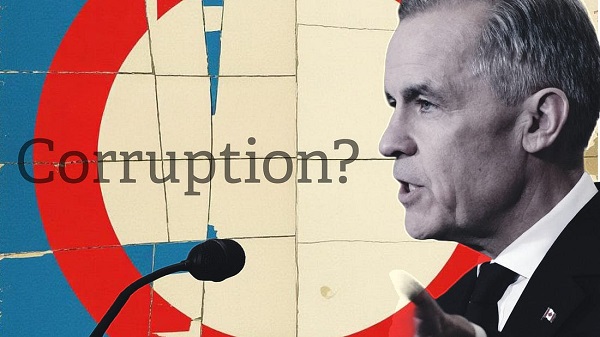
 Business21 hours ago
Business21 hours agoEthics on Ice: See You Next Year
-
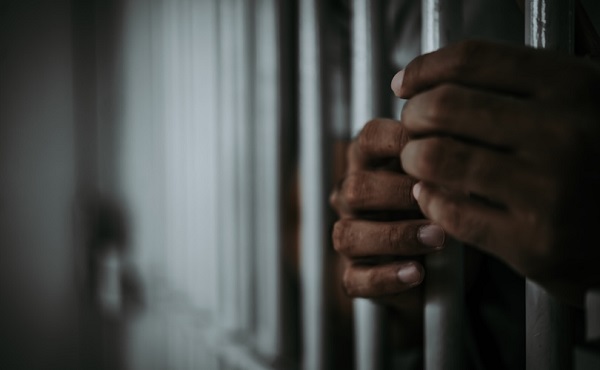
 International11 hours ago
International11 hours agoAustralian territory bans men from women’s prisons in national first
-

 espionage2 days ago
espionage2 days agoBreaking: P.E.I. Urges RCMP Probe of Alleged Foreign Interference, Money Laundering
-
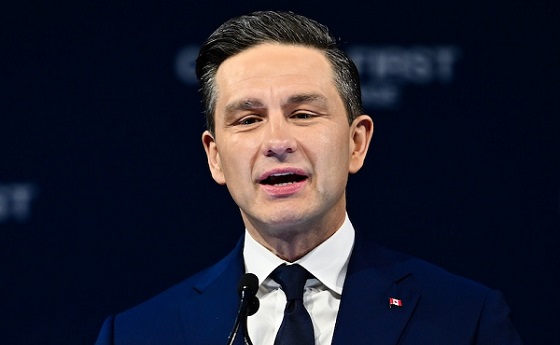
 National11 hours ago
National11 hours agoPoilievre accuses Canada’s top police force of ‘covering up’ alleged Trudeau crimes
-

 Business1 day ago
Business1 day agoCutting Red Tape Could Help Solve Canada’s Doctor Crisis
-

 Daily Caller1 day ago
Daily Caller1 day agoTrump, Putin Agree On High-Stakes Meetings To Negotiate End To Ukraine War
-
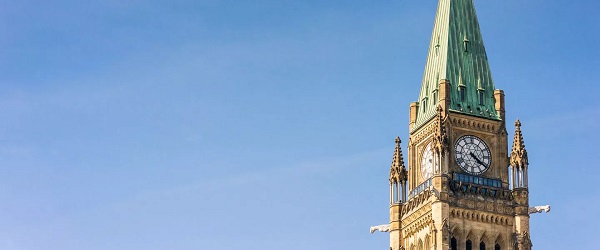
 Business23 hours ago
Business23 hours agoFederal Budget 2025: A responsible media would ensure Canadians know about the dismal state of federal finance






